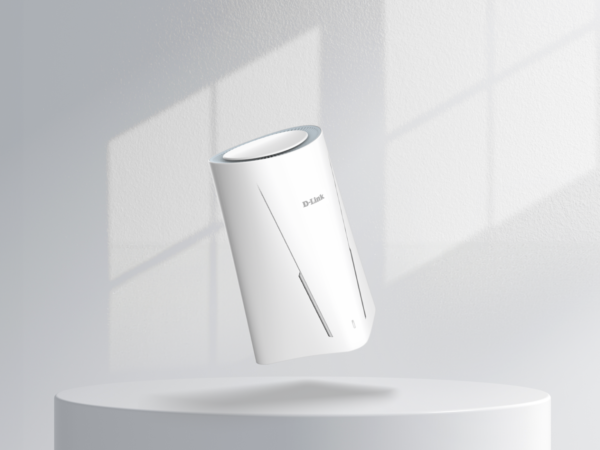
Tips for Protecting Your Personal Data Online. In today’s digital age, it’s more important than ever to protect your personal data online. With so much of our lives happening online, from banking to shopping to socializing, our personal information is constantly at risk.
Here are some tips to help you protect your personal data online:
-
Create strong passwords.
Your password is the first line of defense against unauthorized access to your online accounts. Make sure your passwords are strong and unique. A strong password is at least 8 characters long and includes a mix of upper and lowercase letters, numbers, and symbols. Avoid using common words or phrases, and don’t use the same password for multiple accounts.
-
Be careful what information you share online.
Think twice before sharing personal information online, such as your home address, phone number, or Social Security number. Only share this information with people you trust. And be sure to keep your social media profiles private.
-
Use a firewall and antivirus software.
A firewall and antivirus software can help protect your computer from malware and other online threats. Keep your software up to date with the latest security patches.
-
Be careful what links you click on and what attachments you open.
Cybercriminals often use links and attachments in emails and social media messages to spread malware. If you’re not sure about a link or attachment, don’t click on it or open it.
-
Shop safely online.
When shopping online, make sure the website is secure. Look for a padlock icon in the address bar and “https” at the beginning of the URL. Never enter your credit card information on an unsecured website.
-
Use public Wi-Fi with caution.
Public Wi-Fi networks are often not secure. If you must use a public Wi-Fi network, be sure to use a VPN to encrypt your traffic.
-
Be aware of phishing scams.
Phishing scams are emails or text messages that appear to be from a legitimate company, such as your bank or credit card company. The emails or text messages often contain a link or attachment that, if clicked on, will install malware on your computer. If you receive an email or text message from a company that you do business with, don’t click on any links or open any attachments unless you’re sure the message is legitimate.
-
Keep your software up to date.
Software updates often include security patches that can help protect your computer from malware and other online threats. Keep your software up to date with the latest security patches.
By following these tips, you can help protect your personal data online.
Additional Tips
- Use a password manager to store all of your passwords in one secure place.
- Enable two-factor authentication for your online accounts.
- Be careful about what information you post on social media.
- Be aware of the risks of using public Wi-Fi.
- Back up your data regularly.
By following these tips, you can help protect your personal data and keep your online accounts safe.
Read More :





